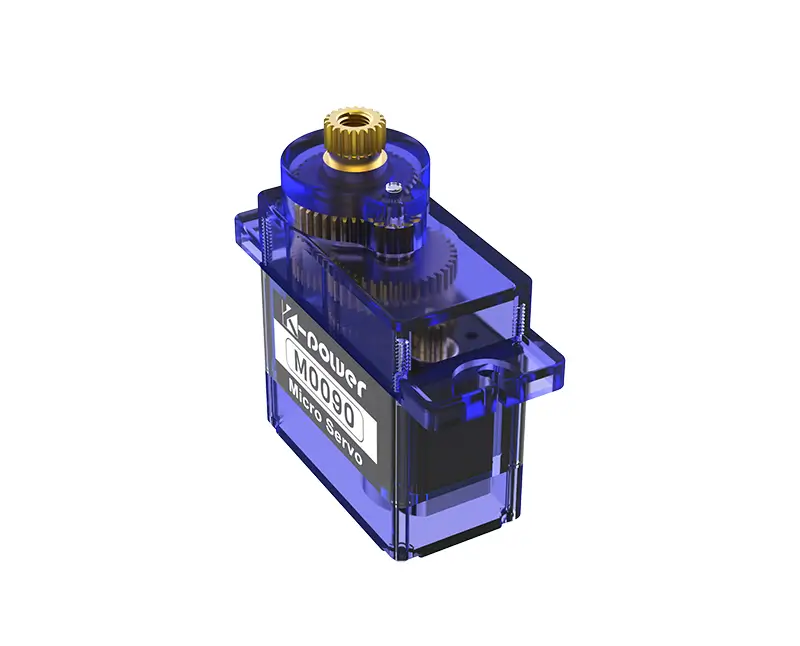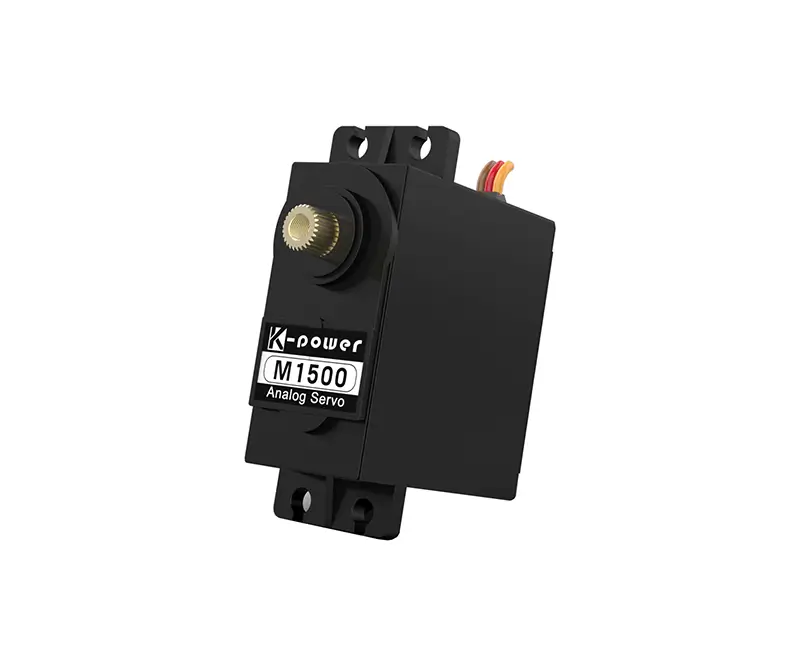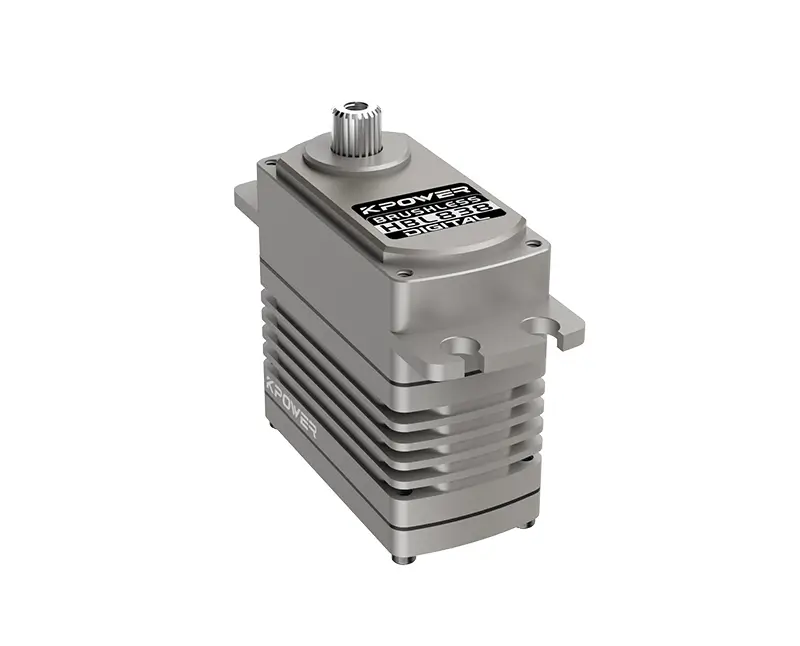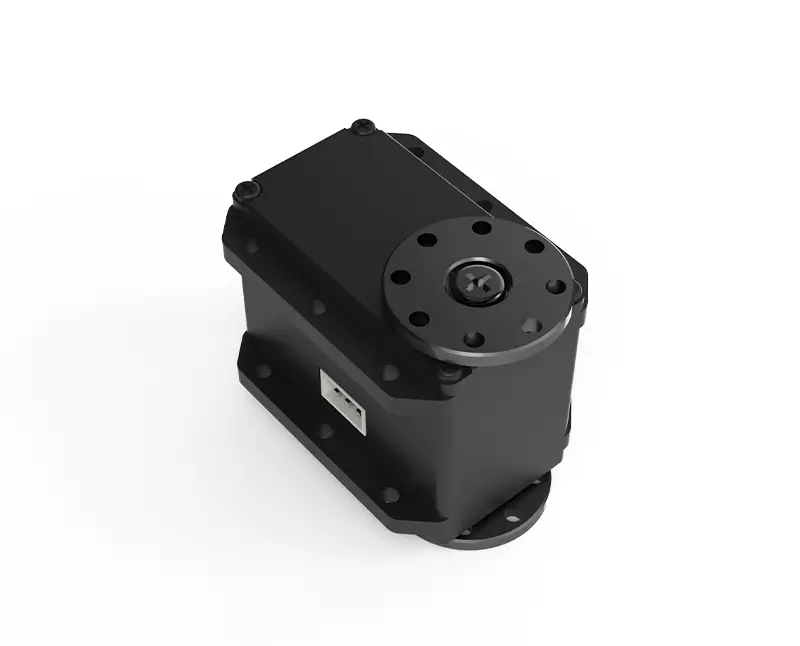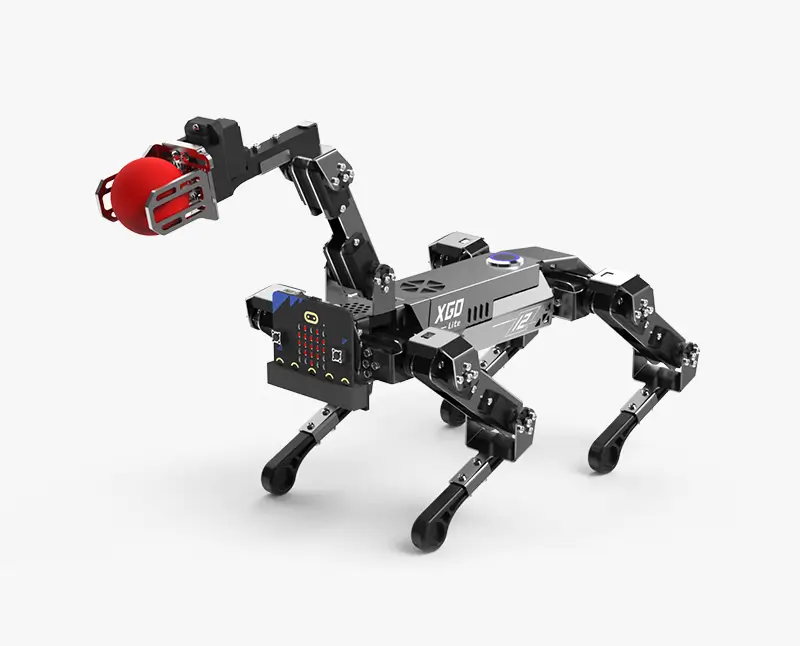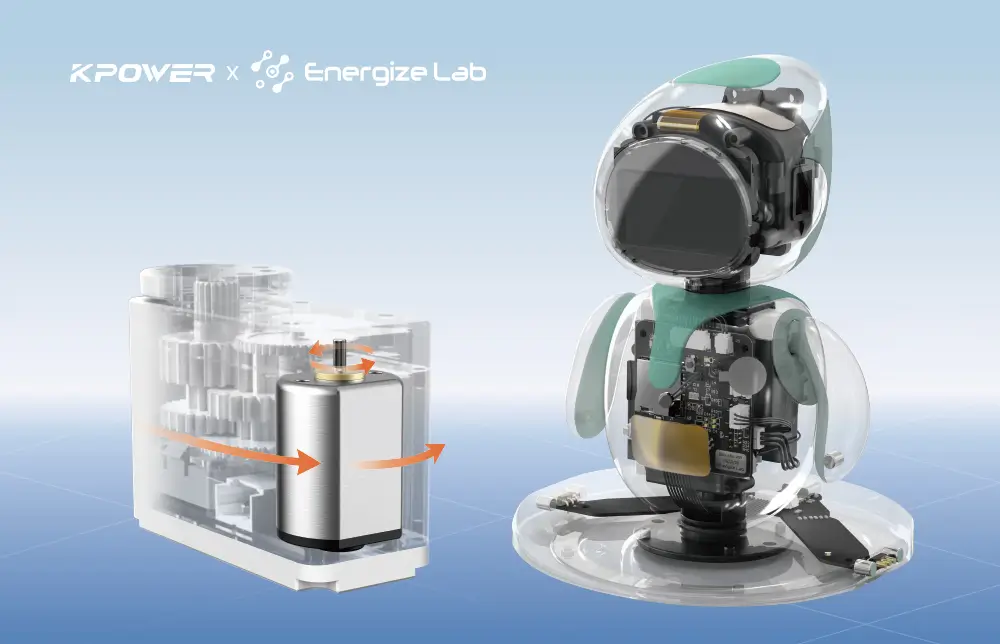The Critical Role of CNC Servo Motors in Modern Manufacturing
In the world of industrial automation, CNC (Computer Numerical Control) machines are the backbone of precision manufacturing. At the heart of these machines lie CNC servo motors—sophisticated devices that convert electrical signals into precise mechanical motion. Whether it’s milling, cutting, engraving, or 3D printing, servo motors ensure accuracy, speed, and repeatability. But as manufacturers seek to optimize their operations, one question looms large: What factors determine CNC servo motors price, and how can businesses make cost-effective decisions?
.webp)
What Are CNC Servo Motors?
Servo motors are closed-loop systems that use feedback mechanisms to adjust position, speed, and torque in real time. Unlike stepper motors, which operate in open-loop systems, servo motors deliver higher efficiency and accuracy, making them ideal for high-demand CNC applications. Their ability to maintain performance under varying loads and conditions justifies their widespread use in aerospace, automotive, and electronics industries.
Key Factors Influencing CNC Servo Motors Price
Motor Type and Technology Servo motors come in two primary types: AC (Alternating Current) and DC (Direct Current). AC servo motors dominate industrial settings due to their durability, higher power output, and lower maintenance. However, they are generally more expensive than DC motors. Brushless DC motors, which eliminate mechanical commutators, offer a middle ground with improved efficiency and longevity but at a higher upfront cost.
Power Rating and Torque The power rating (measured in watts or horsepower) directly impacts price. A 1 kW servo motor may cost between $500 and $1,500, while high-torque models (e.g., 5 kW) can exceed $5,000. Applications requiring rapid acceleration or heavy loads demand motors with higher torque, driving up costs.
Brand Reputation and Quality Established brands like Siemens, Yaskawa, Mitsubishi, and Fanuc command premium prices due to their proven reliability and advanced features. For example, a Yaskawa SGM7G series motor might cost 20–30% more than a generic equivalent. However, investing in reputable brands often pays off in reduced downtime and longer service life.
Precision and Feedback Systems High-resolution encoders and resolvers enhance positioning accuracy but add to the price. Motors with 20-bit encoders (offering over 1 million counts per revolution) are pricier than those with 16-bit versions. Industries like medical device manufacturing or optics often require this level of precision, justifying the expense.
Integrated Features and Customization Motors with built-in drives, cooling systems, or custom shaft configurations cost more. For instance, a servo motor with an integrated drive can save space and simplify wiring but may add $200–$500 to the base price.
Price Range Overview
Entry-Level Motors: $200–$800 (low power, basic feedback, suitable for light-duty CNC routers). Mid-Range Motors: $800–$3,000 (moderate power, enhanced precision, ideal for general machining). High-End Motors: $3,000–$10,000+ (high torque, ultra-precise feedback, designed for aerospace or automotive applications).
Balancing Cost and Performance
While it’s tempting to opt for cheaper motors, cutting corners can lead to frequent breakdowns, poor product quality, and lost productivity. For example, a $1,200 motor with a 10-year lifespan often proves more economical than a $700 motor needing replacement every two years.
Smart Strategies to Optimize CNC Servo Motors Price Without Sacrificing Quality
Now that we’ve explored the factors driving CNC servo motors price, let’s dive into actionable strategies to secure the best value for your investment.
1. Assess Your Application Requirements
Not every CNC machine needs a top-tier servo motor. For instance, a woodworking CNC router may perform flawlessly with a mid-range AC servo, while a metal-cutting CNC mill demands a high-torque model. Conduct a thorough analysis of:
Load Conditions: Will the motor handle constant heavy loads or intermittent use?
Speed Requirements: Does your process need rapid acceleration (e.g., robotic arms)?
Environmental Factors: Will the motor operate in high-temperature or dusty environments?
Matching the motor’s specs to your needs avoids overspending on unnecessary features.
2. Consider Refurbished or Surplus Motors
Refurbished motors from reputable suppliers can save 30–50% off retail prices. Companies like Automation Direct and Kollmorgen offer certified refurbished units with warranties, making them a low-risk option for budget-conscious buyers.
3. Explore Bulk Purchasing and OEM Partnerships
Manufacturers purchasing multiple motors can negotiate volume discounts. Partnering directly with OEMs (Original Equipment Manufacturers) also opens doors to tailored solutions and better pricing. For example, a factory upgrading 10 CNC machines might secure a 15% discount per motor.
4. Prioritize Total Cost of Ownership (TCO)
Look beyond the sticker price. Calculate TCO by factoring in:
Energy efficiency (e.g., IE4-rated motors consume 10–15% less power). Maintenance costs (sealed bearings or brushless designs reduce servicing). Compatibility with existing systems (retrofitting older machines may require adapters).
5. Stay Updated on Market Trends
The rise of IoT-enabled motors and smart manufacturing is reshaping the industry. While these advanced motors have higher upfront costs, they offer predictive maintenance capabilities, reducing unplanned downtime. Brands like Bosch Rexroth now offer servo motors with built-in sensors for real-time performance monitoring.
Where to Buy CNC Servo Motors
Online Marketplaces: Platforms like Amazon Industrial and eBay provide competitive pricing but verify seller credibility. Specialized Distributors: Companies like Motion Industries and WEG offer expert support and warranty coverage. Local Suppliers: Buying locally ensures faster shipping and easier returns, critical for urgent replacements.
Future Trends Impacting Prices
Material Costs: Fluctuations in rare-earth metals (used in magnets) may affect prices. Automation Demand: Growing adoption of CNC systems in emerging markets could drive prices up. Technological Advancements: Innovations like carbon fiber rotors or hybrid stepper-servo motors may disrupt traditional pricing models.
Final Thoughts
Understanding CNC servo motors price isn’t just about finding the cheapest option—it’s about making informed decisions that align with your operational goals. By evaluating technical requirements, exploring cost-saving avenues, and staying ahead of industry trends, manufacturers can strike the perfect balance between affordability and performance.
Whether you’re upgrading a single machine or automating an entire production line, investing in the right servo motor ensures precision, efficiency, and long-term ROI. Ready to take the next step? Start by requesting quotes from trusted suppliers and comparing specs—your ideal CNC servo motor is out there!


































.webp)
